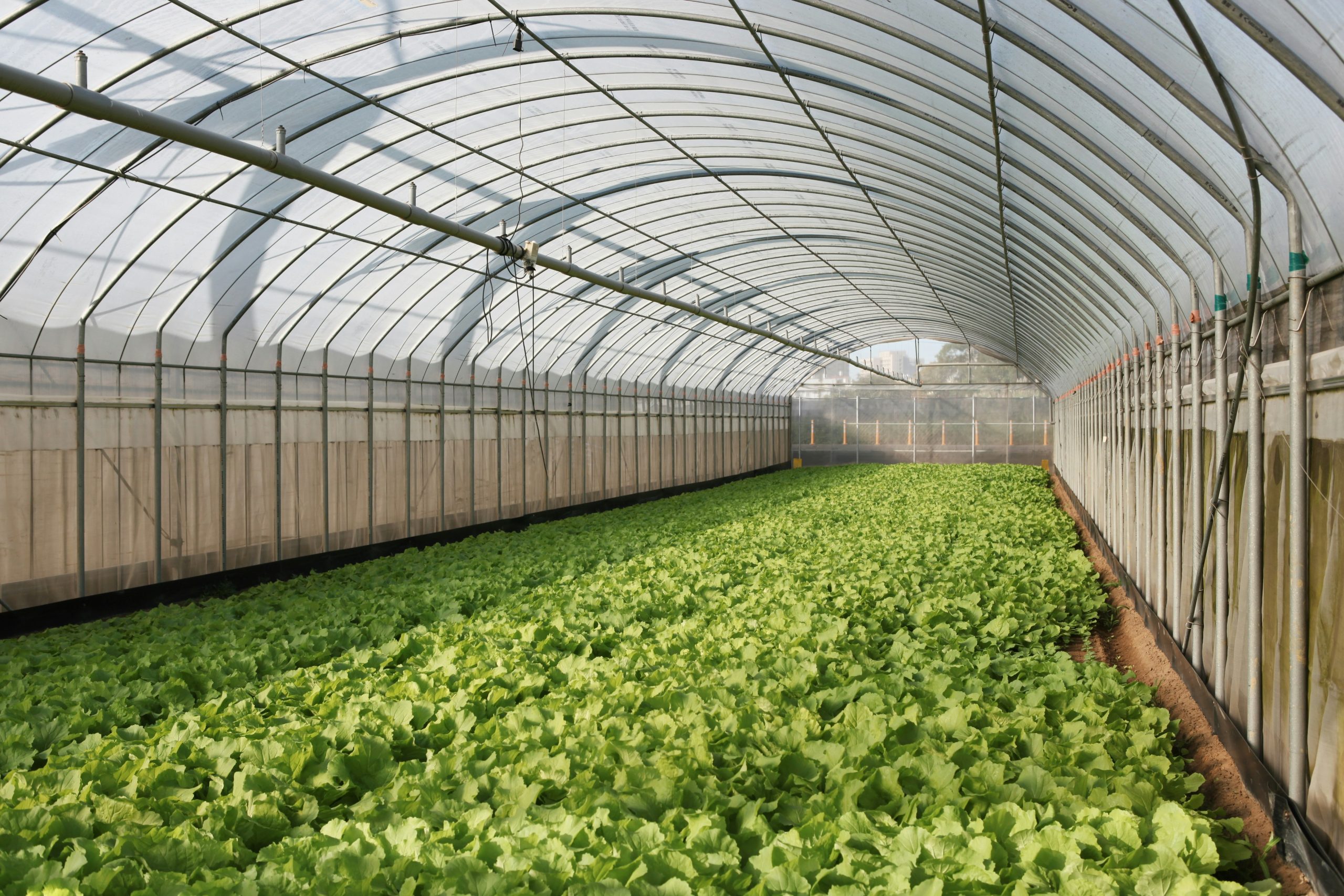In today’s fast-paced food industry, consumers are no longer satisfied with simply knowing what’s on their plate; they want to know where it came from, how it was produced, and who made it. This growing demand for supply chain transparency is reshaping the way food companies operate, pushing them to adopt more responsible practices, embrace technology, and prioritize consumer trust like never before.
From traceable sourcing and clean labeling to ethical farming partnerships and sustainability initiatives, transparency has become a defining factor in modern food business strategies. Let’s explore the forces driving this shift, the tools enabling greater visibility, and why transparency is no longer optional for food brands seeking long-term success!
Why Transparency Matters More Than Ever
Today’s consumers are more informed, connected, and conscious than ever before. With growing concerns about food safety, ingredient quality, and ethical sourcing, shoppers want brands to back up their commitments with clarity. That can mean clear menu descriptions, straightforward communication about how food is prepared, or consistent quality across every location. For restaurants, transparency builds trust, strengthens loyalty, and sets the stage for long-term relationships with guests.
In practice, this doesn’t always require sweeping industry pledges—it can be as simple as ensuring guests know exactly what they’re ordering, maintaining consistent standards from one visit to the next, and being open about the quality that goes into every dish. These everyday forms of transparency are what keep customers coming back and recommending the brand to others.
Traceable Sourcing: From Farm to Shelf
One of the most significant trends shaping the food industry is traceable sourcing. Consumers increasingly want to know the journey their food takes before reaching the shelf, from the farm where it’s grown to the factory where it’s processed and the store where it’s sold.
To meet this demand, many food companies are leveraging technology-driven solutions, such as:
- Blockchain Platforms—Ensuring immutable tracking of ingredients across every stage of the supply chain.
- QR Code Labels—Allowing consumers to scan products and instantly access information about origin, farming methods, and certifications.
- IoT & Smart Sensors—Monitoring food safety conditions like temperature and freshness in real time.
By adopting traceability systems, brands not only increase consumer trust but also improve efficiency, reduce waste, and comply with evolving regulatory standards.
The Rise of Clean Labeling
Transparency isn’t just about where food comes from, it’s also about what’s inside it. Clean labeling has emerged as a key driver of consumer purchasing decisions, with shoppers demanding simpler ingredients, clearer labeling, and less jargon.
Key clean-label trends include:
- Simple Ingredient Lists—Minimizing artificial additives, preservatives, and chemical names consumers can’t pronounce.
- Nutritional Transparency—Highlighting calorie counts, sugar content, and allergen warnings upfront.
- “Free-From” Claims—Clearly stating if products are free from gluten, GMOs, or other controversial ingredients.
Brands like General Mills have revamped product packaging to showcase plain-language labels, making it easier for consumers to make informed choices.
Ethical Farming Partnerships
Today’s conscious consumers care not only about what they eat but also how it’s produced. Food companies are strengthening supplier partnerships to ensure consistency, safety, and quality throughout the supply chain.
Trusted relationships with farms and vendors mean better oversight, reliable standards, and greater confidence in the products that reach consumers. By prioritizing accountability and long-term collaboration, brands can deliver food people feel good about choosing, while supporting dependable partners who share their commitment to quality.
Tools and Certifications Building Consumer Trust
To maintain credibility, food companies are adopting certifications and transparency tools that verify ethical and sustainable practices. These include:
- Fair Trade Certification—Guarantees fair wages and ethical treatment for farmers.
- USDA Organic and Non-GMO Project—Ensures products meet rigorous production standards.
- B Corporation Certification—Recognizes companies that balance profit with purpose.
- Blockchain Verification Systems—Provide consumers with real-time visibility into sourcing practices.
By showcasing these certifications and embracing transparent communication, brands can bridge the trust gap between producers and consumers.
The Future of Food: Transparency by Design
As consumer expectations continue to evolve, transparency will become non-negotiable for food companies. In the near future, we can expect:
- AI-Powered Supply Chains. Using predictive analytics to optimize sourcing, track freshness, and improve efficiency.
- Personalized Transparency. Allowing consumers to customize the information they access, from nutrition details to sourcing origins.
- Smarter Labeling Standards. Industry-wide efforts to create clearer, more consistent frameworks that help customers make informed decisions quickly.
Food companies that embrace these innovations today will be better positioned to earn loyalty, drive growth, and lead the industry forward.
Experience Transparency in Action with FS Food Group
At FS Food Group, we believe trust starts with transparency. From traceable sourcing to clean labeling and strong supplier relationships, we are committed to delivering food you can feel good about, from farm to shelf.
Explore our products, discover our partnerships, and see how we’re shaping a better experience for our customers.
Ready to taste the difference transparency makes? Contact us today, and discover food you can truly trust.

